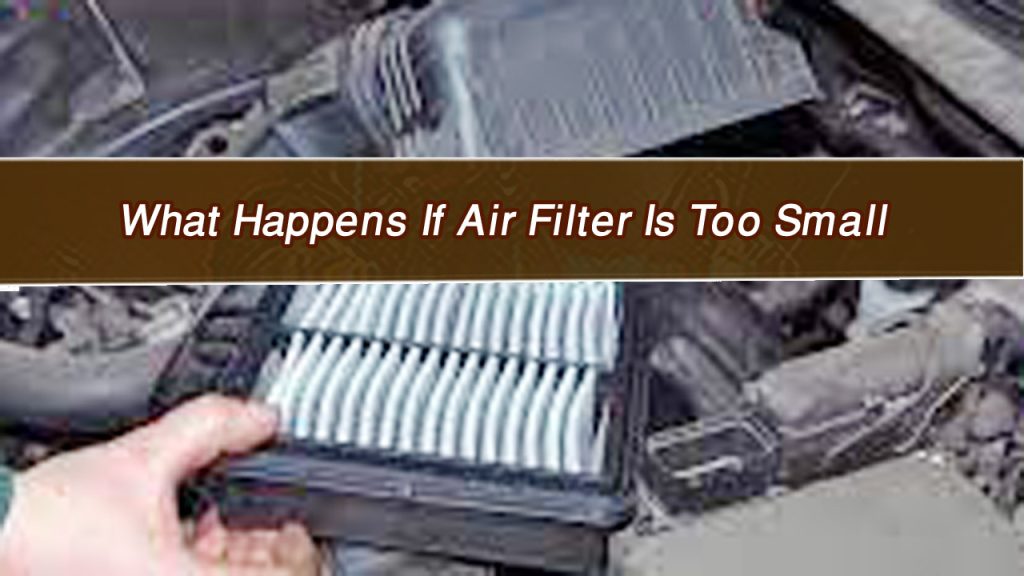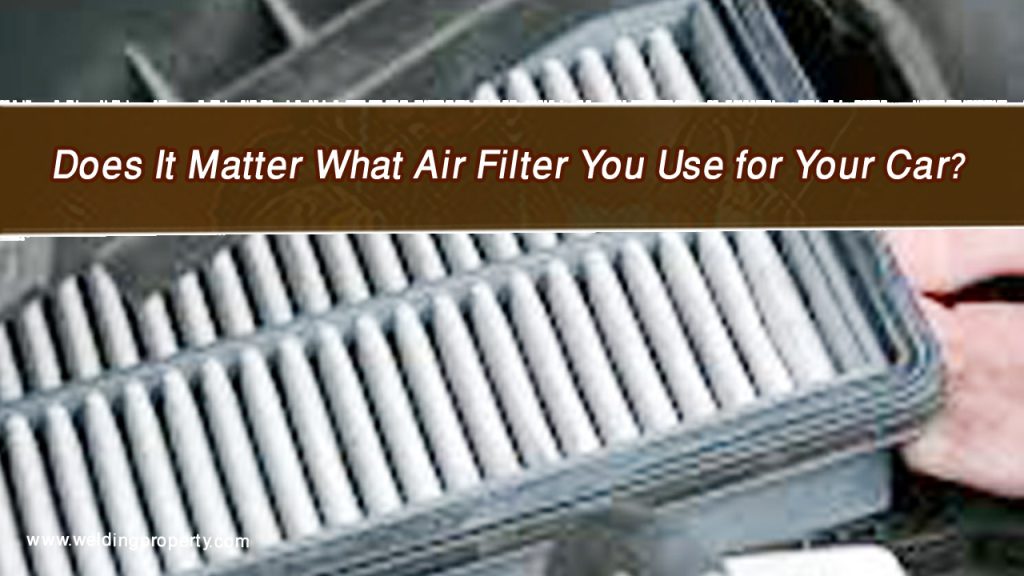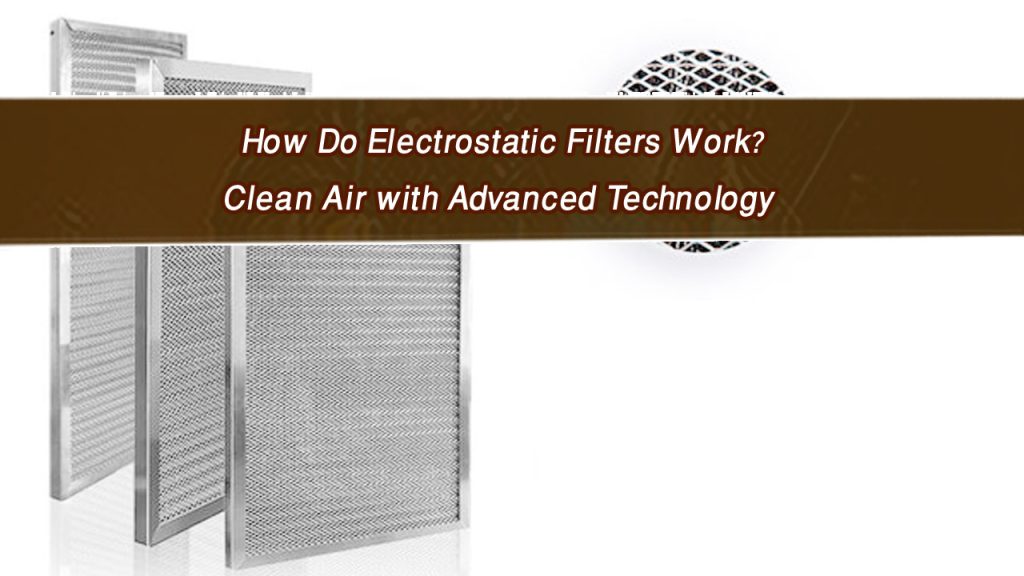An air filter might seem like a small and simple component, but it plays a vital role in maintaining the performance and health of your vehicle. It’s easy to assume that “any filter will do,” but this couldn’t be further from the truth. One common issue that vehicle owners overlook is using an air filter that’s too small.
I’ve encountered this problem myself while troubleshooting performance dips in a car. At first glance, the filter seemed to fit, but the consequences of using an undersized air filter soon became clear.

Image by actonservicecentre
If you’re wondering what can happen if your air filter is too small, let’s dive into this topic. I’ll break down the potential issues, signs to watch for, and how to choose the right air filter to keep your vehicle running smoothly.
Why Is the Air Filter Important?
Before we get into what happens when the air filter is too small, let’s take a moment to understand its function. The air filter prevents dirt, debris, and contaminants from entering your engine while allowing clean air to flow through. Clean air is essential for proper combustion and engine performance.
When your air filter is the correct size and in good condition, it:
- Improves engine efficiency.
- Ensures smooth acceleration.
- Protects the engine from dirt and debris.
- Enhances fuel economy.
However, when the air filter is too small, it compromises these functions and can lead to several problems.
What Happens If Your Air Filter Is Too Small?
A small air filter might seem like a minor issue, but its impact on your vehicle can be significant. Here’s what you can expect:
Insufficient Airflow
When an air filter is too small, it cannot provide the engine with the amount of air it needs. The result? Your engine struggles to “breathe,” which reduces its efficiency and performance. This is especially noticeable during high-demand situations like accelerating or climbing a hill.
Increased Contaminants in the Engine
A smaller filter might not properly seal the intake, allowing unfiltered air to bypass it. Dust, dirt, and debris can enter the engine, leading to wear and tear on critical components like the pistons, valves, and cylinders. Over time, this can cause expensive engine damage.
Engine Overheating
Engines rely on a balanced air-fuel mixture to stay cool and operate efficiently. A restricted or improperly sealed filter can disrupt this balance, causing the engine to overheat.
Reduced Fuel Economy
When airflow is restricted, the engine compensates by burning more fuel. This leads to poor fuel efficiency, meaning you’ll spend more at the pump.
Increased Strain on the Engine
An undersized air filter forces the engine to work harder to draw in air. Over time, this added strain can cause premature wear on components like the throttle body and intake manifold.
Loss of Power and Acceleration
If you’ve noticed a sluggish response when pressing the gas pedal, an improperly sized air filter could be the culprit. The lack of sufficient airflow limits the engine’s ability to generate power.
Signs Your Air Filter Is Too Small
If you’re unsure whether your air filter is the right size, here are some signs to look out for:
- Poor acceleration: The engine feels less responsive.
- Check engine light: Airflow issues can trigger sensors, causing the light to illuminate.
- Increased fuel consumption: Frequent stops at the gas station might signal a problem.
- Unusual noises: A small filter can create whistling or sucking sounds from the intake.
- Dirty engine bay: Dust and debris may accumulate due to poor filtration.
How to Choose the Right Air Filter Size
Selecting the correct air filter size is essential to prevent these problems. Here’s how you can ensure you’re using the right one:
Check Your Owner’s Manual
The manufacturer’s recommendations will specify the appropriate size and type of air filter for your vehicle. Always start here when replacing your filter.
Measure Your Current Filter
If you don’t have access to the manual, measure the dimensions of your existing filter. Be sure to account for length, width, and height to find a proper match.
Consider Your Driving Conditions
If you drive in dusty or off-road conditions, opt for a filter with a larger surface area for better filtration and airflow.
Consult a Professional
When in doubt, visit a trusted mechanic or auto parts store. They can help you identify the correct filter based on your vehicle’s make and model.
Impact of Using an Incorrectly Sized Air Filter
Here’s a quick comparison of what happens when you use the wrong size air filter:
| Filter Size | Impact on Vehicle |
|---|---|
| Too Small | Restricted airflow, engine overheating, increased contaminants, reduced efficiency |
| Correct Size | Optimal performance, balanced air-fuel mixture, proper filtration |
| Too Large | Poor fit, potential gaps allowing unfiltered air, disrupted intake system |
How to Maintain Your Air Filter
Whether you have the correct filter size or need to replace it, regular maintenance is crucial for keeping your engine in top shape.
Inspect the Filter Regularly
Check your air filter every 10,000 to 15,000 miles, or more often if you drive in dusty conditions.
Clean or Replace the Filter
Some filters are reusable and can be cleaned, while others need to be replaced entirely. Follow the manufacturer’s guidelines to maintain optimal performance.
Seal It Properly
When installing the filter, ensure it fits snugly in the housing. A proper seal prevents unfiltered air from bypassing the filter.
FAQs
Can a small air filter reduce horsepower?
Yes, a small air filter restricts airflow, which can reduce horsepower and overall engine performance.
How often should I check my air filter?
It’s recommended to check your air filter every 10,000 to 15,000 miles or during routine maintenance.
Can an undersized air filter cause long-term damage?
Absolutely. Prolonged use of an undersized filter can lead to dirt buildup in the engine, premature wear, and costly repairs.
Is a larger air filter always better?
Not necessarily. The filter must fit properly and match your vehicle’s intake system for optimal performance.
Can I install a filter myself?
Yes, replacing an air filter is a straightforward process. However, always ensure it fits securely and matches the manufacturer’s specifications.
Conclusion
Using an air filter that’s too small might seem like a minor oversight, but it can have serious consequences for your vehicle’s performance and longevity. From restricted airflow to engine overheating, the risks aren’t worth it.
The good news is that avoiding these issues is simple. By choosing the right filter size, maintaining it regularly, and paying attention to signs of trouble, you can keep your engine running smoothly and efficiently.
Remember, your air filter is a small but mighty component that protects one of your vehicle’s most important systems. Don’t underestimate its importance—choose wisely, and your engine will thank you with years of reliable performance.


